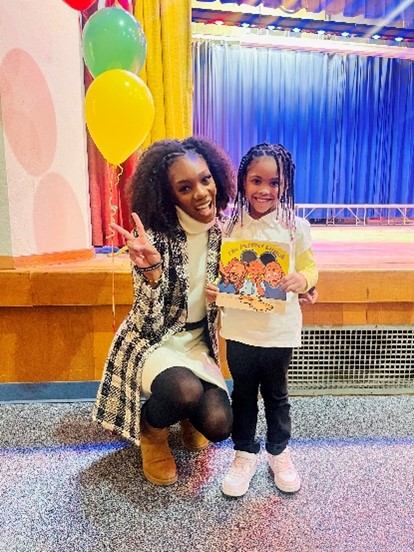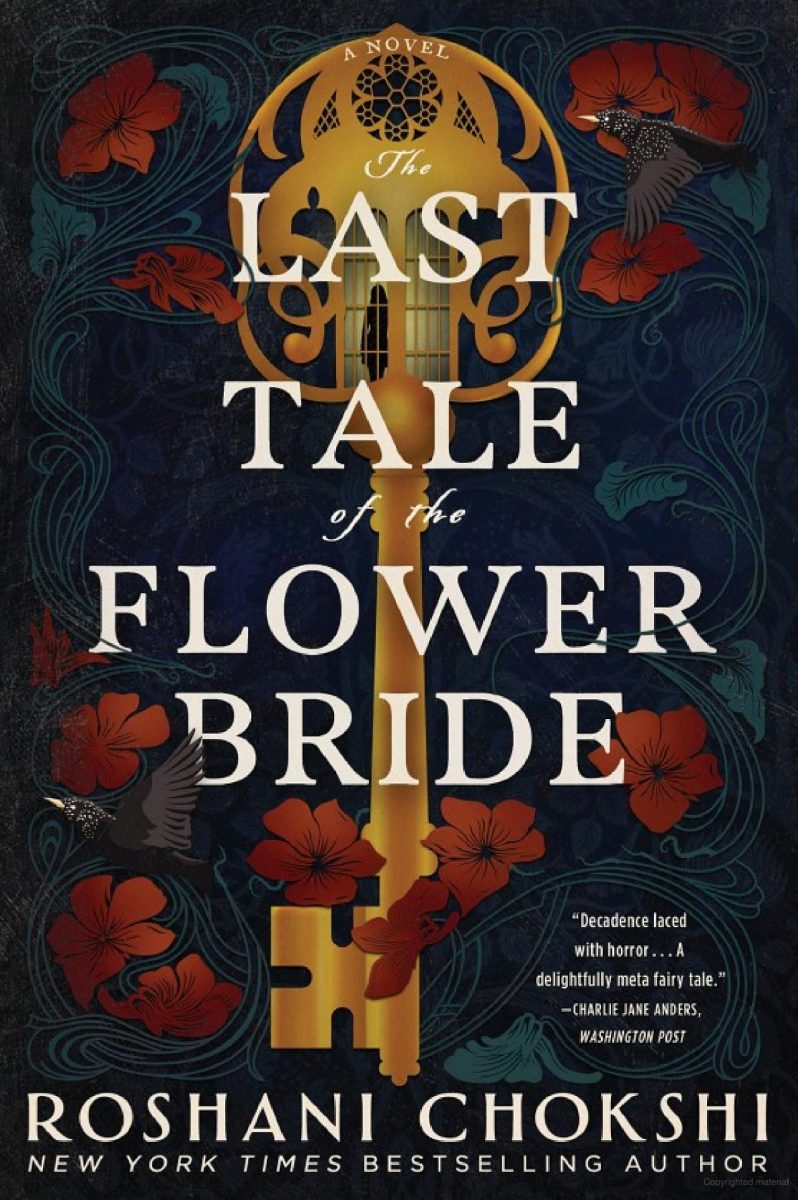“If you don’t see yourself in a story, put yourself in a story,” said Brittany Powell in a message dedicated to her young readers. “Start writing.”
Miss Powell did exactly that and has now published a children’s book. The Perfect Lunch tells her story—the reality of being a first generation American.
Miss Powell’s family moved to the U.S. from the small Caribbean Island of Jamaica when she was a young girl. The island has about 2.9 million inhabitants, and yet its impact on the world is profound. When one thinks of Jamaica one may think of the colorful array of dishes: ackee or beef patties or bammy or fried plantains or crispy, melt-in-your-mouth salt fish flitters.
On Miss Powell’s first day of fourth grade in Wilmington, Delaware she asked her mother, Heather Levy, to make her favorite (salt fish flitters) for lunch. At school she was bullied relentlessly.
She would never ask to bring a Jamaican meal to lunch again.
Twenty years later she sat down and began drafting a book that provided an “alternative ending” to this condemnation of her culture. The Perfect Lunch, which features Miss Powell as the main character, follows her first day of fourth grade. She teaches her target audience that differences should be celebrated—not shamed.
Writing this book was no easy feat, but the support of her mother got her through. “My mom saw the vision before I did. Having her constantly checking in and believing in me was huge,” said Miss Powell.
To get in the mindset of writing a children’s book, Miss Powell used her prior experience as a third-grade literacy teacher. She surrounded herself with children’s books for guidance and inspiration. Between drafts, she would ask for the opinion of her eight-year-old students (the most honest demographic out there). Miss Powell even gathered a coalition of coworkers to edit her writing. Readers must thank the feedback of others for the inclusion of some of the most memorable aspects of her book.
One of these things was the Jamaican dialect known as Patois; it is a form of broken English with West African influences that was developed in the 17th century. There are many Patois speaking communities scattered across the world, some of which are in the United States, Canada, and the United Kingdom. Miss Powell knew that her readers would be able to “decode” the lines of her language easily and wanted to take this step to expose young children to new cultures.
When writing was finally complete, Miss Powell turned to Clovis Brown, her God father, for the illustrations. Mr. Brown is an editorial cartoonist in Kingston, Jamaica. He has made a name for himself with his “ClovisToons” in the Jamaica Observer (the daily newspaper). Miss Powell chose to self-publish her book through Amazon; once it hit the market, she celebrated with a family book signing. Soon after, a new passion emerged.
She delved into starting a read-aloud mission: Read and Represent. It was piloted in a public school in Wilmington, Delaware and welcomes current undergraduate students into elementary schools for read-alouds of books with diverse characters and authors. “My mission is to have a plethora of different people be seen and learned about through reading,” said Miss Powell.
The young author has big—and even bigger—plans for her future. She shared that she is currently working on a second children’s book. She wouldn’t tease the title, but she said, “The one I’m currently working on is about a little black boy who wants to be a teacher.” She is even planning a series of books revolving around black history for young readers. On top of this, Miss Powell wants to pursue educational entrepreneurship.
For now, she is changing the world one picture book at a time.
Miss Powell features the Jamaican saying, “We likkle but we tallawah” on the first page of The Perfect Lunch. She said, “It means we may be small, but we are strong, we are mighty—and we can do anything.”





